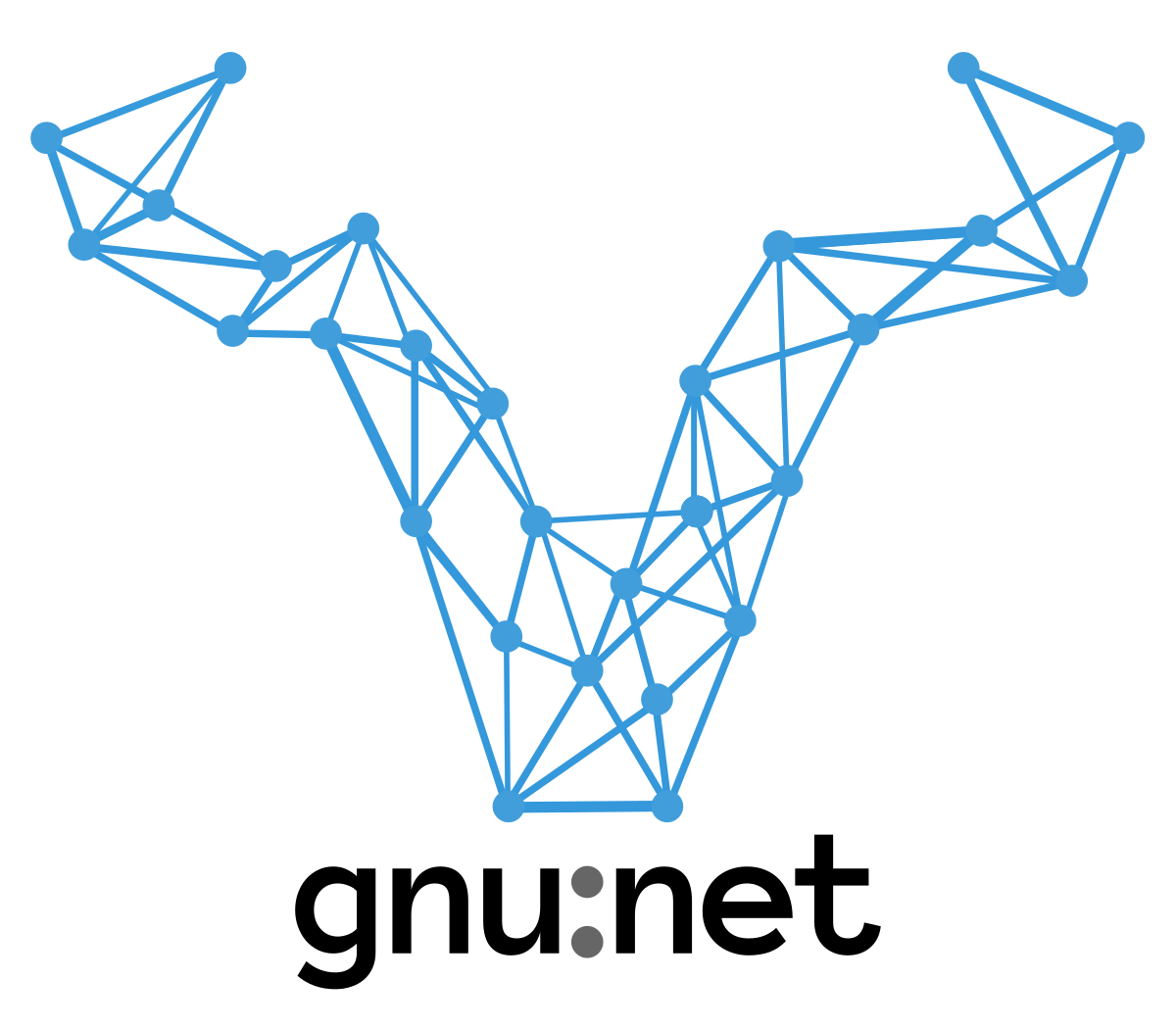

RECENTLY we've been researching a number of networking and rendering protocols; some replace the format, some transmission protocols, some the nature of data distribution. In essence, the Internet is a mechanism for exchanging streams and files. They're sent around in the form of packets (UDP and TCP/IP). UDP is still used a lot in DNS. Some systems seek to replace DNS. Due to the nature of routers, replacing the Internet itself (rather than build a layer on top of it) would be challenging; it would require worldwide, large-scale cooperation from countless ISPs.
"Accountability or improved behaviour comes about when there's increased transparency."With Gopher, Gemini, BBS (over Telnet), (S)FTP and various other protocols (GNUnet insists it's still in alpha) there are many options at our disposal, but for the time being we use IPFS, which seems solid, stable, and widely used (approaching a million nodes worldwide).
So what about GNU? "GNUnet is a software framework for decentralized, peer-to-peer networking and an official GNU package," Wikipedia says. "The framework offers link encryption, peer discovery, resource allocation, communication over many transports and various basic peer-to-peer algorithms for routing, multicast and network size estimation."
That's quite similar to IPFS, but IPFS seems to be production-ready and we encourage our readers to participate.
A couple of months ago, foreseeing more EPO leaks (Benoît Battistelli sent lawyers to threaten us with legal action; António Campinos has not yet done that), we started making and then improving plain text versions of everything, ranging from blog posts to IRC logs. Pretty much every protocol and piece of software supports plain text, even BBS.
 Without getting dirty and going deep into all the pertinent details (we spent much time reading about and experimenting with the above), one thing that's safe to say is that on the Web there are almost no plain text sites. Sites which claim to be "text-only" are basically simplified HTML and some contain malicious JavaScript, including spyware. When we speak of plain text we mean no hyperlinks or images. Nothing of that sort. At one point we tested GNU/Linux utilities that convert images to ASCII or Unicode, but those are pretty useless when one has only 79 characters across and no colours (it's binary).
Without getting dirty and going deep into all the pertinent details (we spent much time reading about and experimenting with the above), one thing that's safe to say is that on the Web there are almost no plain text sites. Sites which claim to be "text-only" are basically simplified HTML and some contain malicious JavaScript, including spyware. When we speak of plain text we mean no hyperlinks or images. Nothing of that sort. At one point we tested GNU/Linux utilities that convert images to ASCII or Unicode, but those are pretty useless when one has only 79 characters across and no colours (it's binary).
Last night we made our last modifications (for the time being) and tested extensively the latest code which turns this site into plain text (Unicode, albeit nothing that's lacking widespread support, e.g. emojis) and then feeds everything into a peer-to-peer network, namely IPFS. For the time being we rest better, knowing that copies of everything we publish are not just downloaded by many peers but also served by many peers. This means that stuff we publish cannot be taken down; and even if we're being forced to take something down we're unable to also take down copies, served by other nodes. In that regard, we're not just censorship-resistant but a deterrent to censors (those who understand how it works would deem it an exercise in futility if they sent takedowns or nastygrams/SLAPP).
So on we go, writing articles and publishing suppressed material, including some internal documents of interest to the wider public. Accountability or improved behaviour comes about when there's increased transparency. People in positions of great power don't like transparency because it threatens that power. ⬆